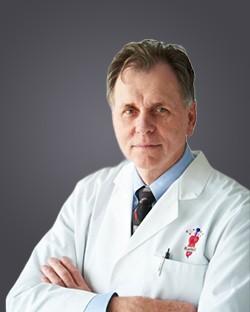
巴里.马歇尔
巴里·马歇尔教授,澳大利亚籍,男,1951年9月生。西澳大学临床微生物学教授和消化科医生,兼任深圳大学访问教授(2017年3月-2024年6月),从2024年7月起任深圳大学讲席教授,2019年3月担任深圳大学马歇尔生物医学工程实验室主任。2005年诺贝尔生理学或医学奖得主,中国工程院外籍院士,澳洲科学院院士,美国国家科学院院士。西澳大利亚澳中友好协会名誉会长,是中澳建交50年50个人物之一,曾获中国政府友谊奖、2023年度中华人民共和国国际科学技术合作奖等。
马歇尔教授主要从事幽门螺杆菌的基础医学与临床医学的相关研究。他的主要成就包括发现了幽门螺杆菌以及其在胃炎和消化性溃疡疾病中的作用,并因此与罗宾·沃伦共同获得了2005年诺贝尔生理学或医学奖;发明了尿素酶检测,实现了在胃镜检查中幽门螺杆菌快速检测;首次提出使用铋剂来杀灭幽门螺杆菌,使铋剂在临床上得到广泛应用。
在获得诺贝尔奖后,马歇尔继续致力于全球范围内治疗幽门螺杆菌感染的工作,并与国内多家科研机构展开密切合作。目前,马歇尔教授已发表SCI论文300余篇,被SCI引用33000余次,其中联合中国团队发表论文29篇;授权专利7项;与深圳大学合作项目1项;培养人才24人,包括国家杰青1人,优青2人,博士后3人;协助深圳大学引进人才5名。
Barry James Marshall Brief Introduction
Professor Barry Marshall, an Australian male born in September 1951, is a Professor of Clinical Microbiology and a gastroenterologist at the University of Western Australia. He also serves as a Visiting Professor at Shenzhen University from March 2017 to June 2024, and will take on the position of Chair Professor at Shenzhen University starting from July 2024. In March 2019, he became the Director of the Marshall Biomedical Engineering Laboratory at Shenzhen University. A recipient of the 2005 Nobel Prize in Physiology or Medicine, Professor Marshall is an academician of the Chinese Academy of Engineering (as a foreign member), the Australian Academy of Science, and the United States National Academy of Sciences. He holds the honorary presidency of the West Australia-China Friendship Association, was named one of the fifty figures in the fifty years of China-Australia diplomatic relations, and has received the Chinese Government Friendship Award among other accolades.
Professor Marshall's main research focuses on the basic and clinical aspects of Helicobacter pylori. His major achievements include the discovery of Helicobacter pylori and its role in gastritis and peptic ulcer diseases, for which he got the 2005 Nobel Prize in Physiology or Medicine with Robin Warren. He also invented the urease test, enabling rapid detection of Helicobacter pylori during gastroscopy. He made the first proposal to use bismuth compounds to eradicate Helicobacter pylori, leading to their widespread clinical application.
After receiving the Nobel Prize, Professor Marshall continued to devote himself to the global fight against Helicobacter pylori infections and has engaged in close cooperation with numerous domestic scientific research institutions. Professor Marshall has published over 300 articles indexed by the Science Citation Index (SCI), which are cited more than 33,000 times, including 29 papers co-authored with Chinese teams. He has held 7 authorized patents and has one cooperative project with Shenzhen University. He has trained 24 talents, including one National Science Fund for Distinguished Young Scholars, two Outstanding Young Scientists, and three postdoctoral researchers; and has assisted Shenzhen University in recruiting 5 talents.


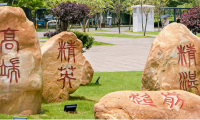
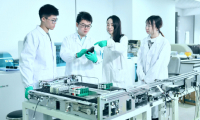
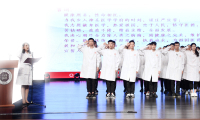
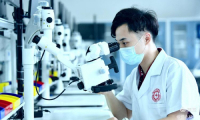
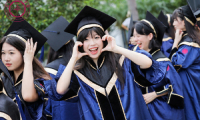
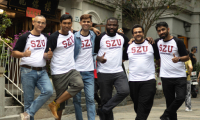
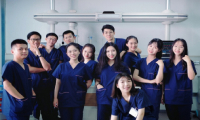

用户登录
还没有账号?
立即注册